Foldscope goes to the Peruvian Amazon!
Posted by Paola Moreno-Roman, on 18 November 2020
Foldscope Instruments, Inc. is a company that was founded in 2016. We develop low-cost scientific tools with the goal of making science accessible to everyone around the world.
In 2018, the Foldscope team visited Peru, Argentina, and Brazil. At the time, I was a Stanford graduate student in Biology and, due to school-related commitments, I was only able to join them for a week, where we went to the Peruvian Amazon.
We flew from Lima (Peru) to Puerto Maldonado, a Peruvian city in the Amazon rainforest. We were welcomed by Carmen Chavez, a Peruvian biologist and Director of Peru Programs for ACEER Foundation. Carmen and ACEER’s Peru team had coordinated a series of Foldscope workshops all over the Madre de Dios region of the Peruvian Amazon, as part of their initiative called “Conservation Learning Web” with the support of National Geographic.
We held nine workshops during a one-week period, reaching more than 400 students and teachers in the urban and rural areas of Puerto Maldonado, including members of the Ese’Eja native community, and faculty and students from the National Amazonian University of Madre de Dios (UNAMAD).
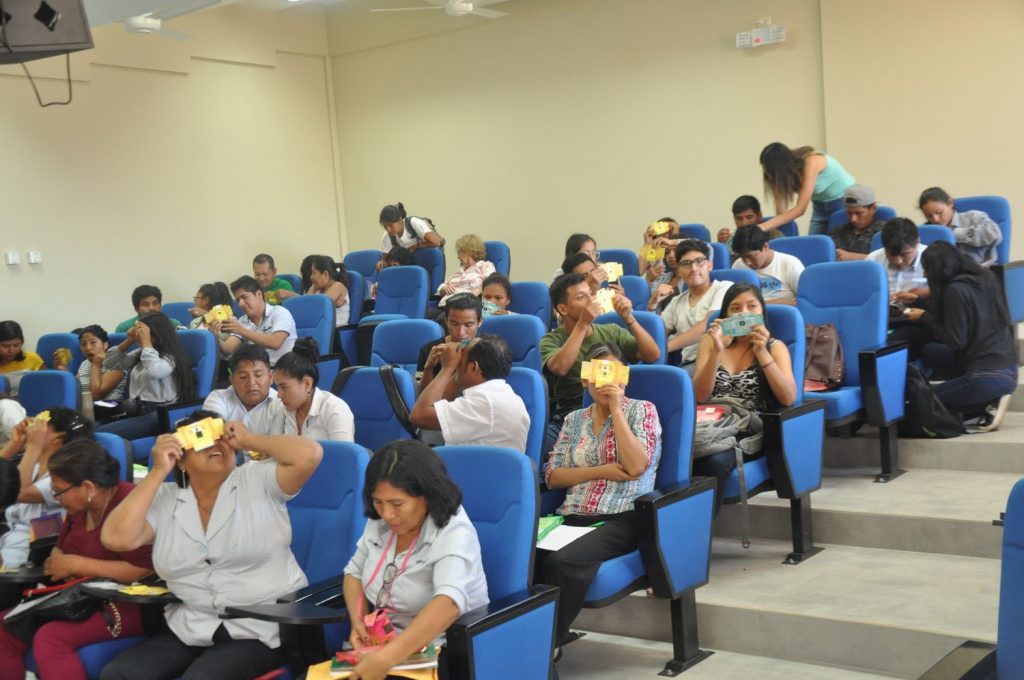
Carmen shares with us that “Most schools in the region of Madre de Dios, are public and lack proper infrastructure and basic services. Students and teachers have very limited educational materials and much less equipped classrooms. At ACEER, we have been working for almost 30 years in the Amazon region of Peru with the goal to provide unique and meaningful experiential and transformative environmental education opportunities. Based on our work, we are certain that most of the teachers and children have not had the opportunity to see nor use a standard microscope. Most children in the region will graduate from high school never having seen nor used a microscope, the same applies to many other important educational tools. For most of the teachers and students, this (using the Foldscope) was the first time they were able to observe the microscopic world around them.”
One of the most popular activities during the Foldscope workshops was to look at a plant’s stomata, tiny pores in plant tissue that allow for gas exchange. This activity allowed students to visualize where in a plant the exchange of oxygen and carbon dioxide takes place, which led to deep discussions about climate change and the important role the Amazon rainforest -their home- plays in regulating the world’s oxygen and carbon cycles.
Since then, ACEER has continued running Foldscope workshops in Puerto Maldonado. Besides the “stomata project” (mentioned in the previous paragraph) they have also developed the “butterfly scales project”. This project is of particular importance to Madre de Dios inhabitants because Madre de Dios has the world record on species of butterflies – which is a source of pride for them. Through this project, students and teachers learn about the important role of butterflies as pollinators, about biodiversity, and about conservation.
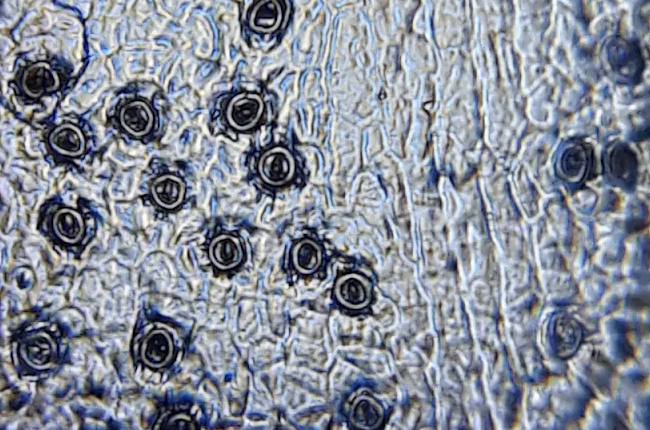
We, at Foldscope, feel very encouraged with success stories such as this one – where Foldscope workshops are led by local community members for community members. On a personal note, as a Peruvian, I am extremely happy that fellow Peruvians from rural areas have access to this powerful scientific tool that allows them to explore the vast microcosmos!
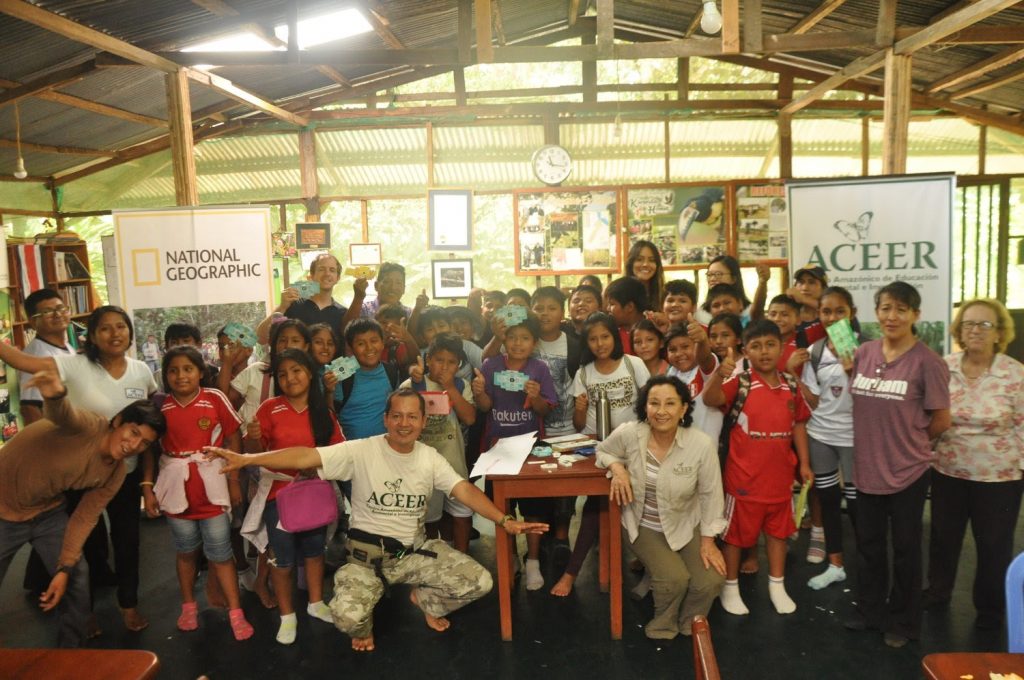
To learn more about us, please visit our website.
To buy a Foldscope, visit our shop & follow us on social media @teamfoldscope
Special thanks to Carmen Chavez, Jon Cox, Therany Gonzales, and the whole ACEER team.
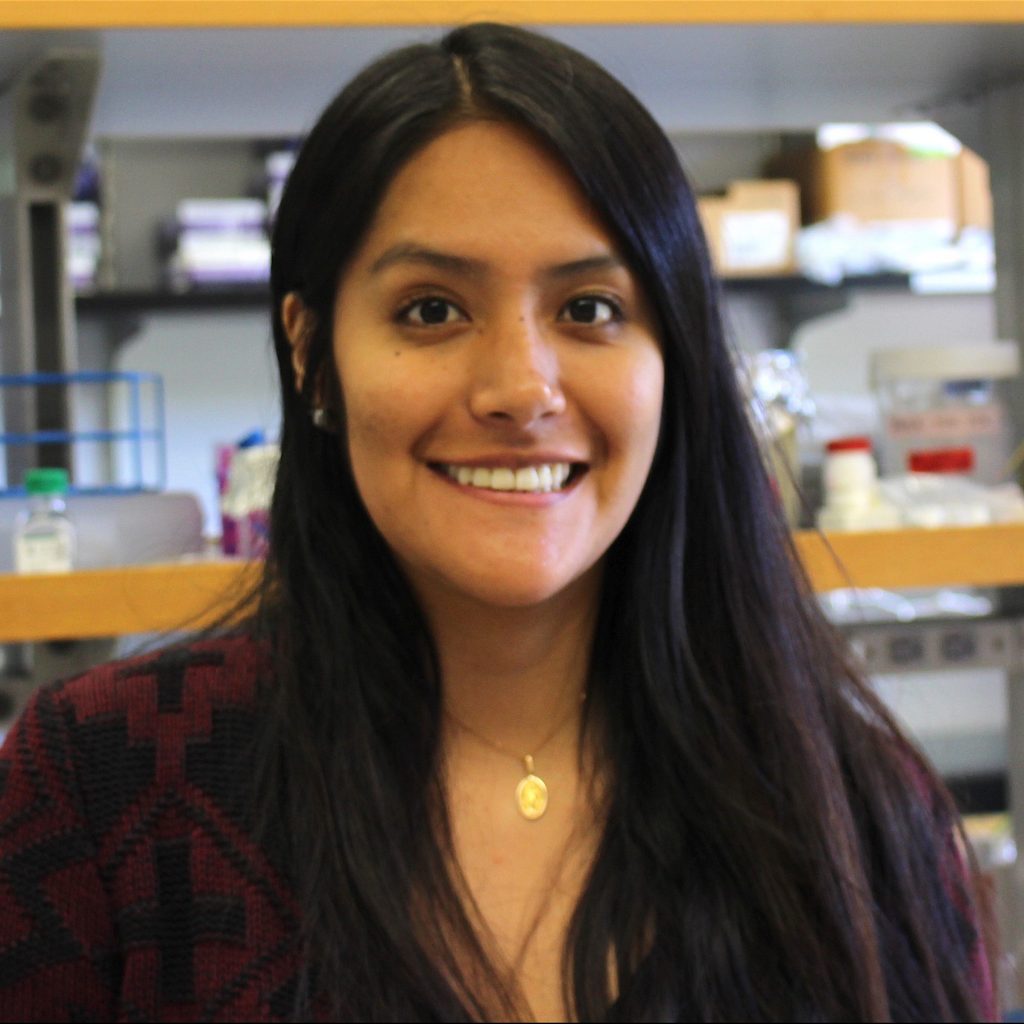
Paola Moreno-Roman, Ph.D.
Director of Strategic Partnerships


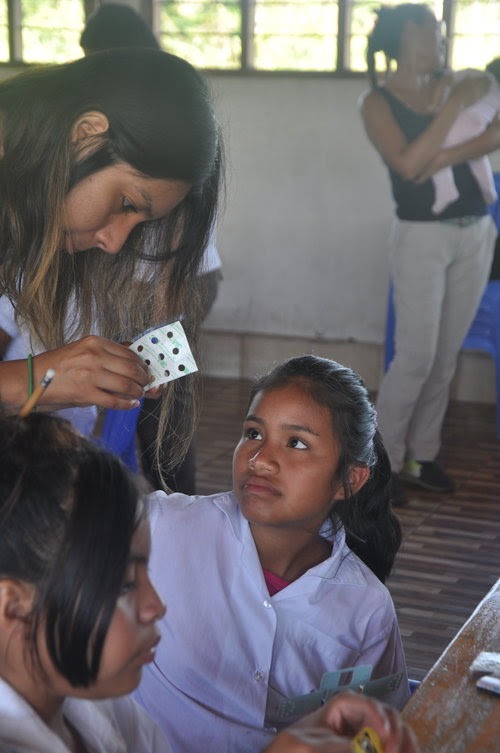
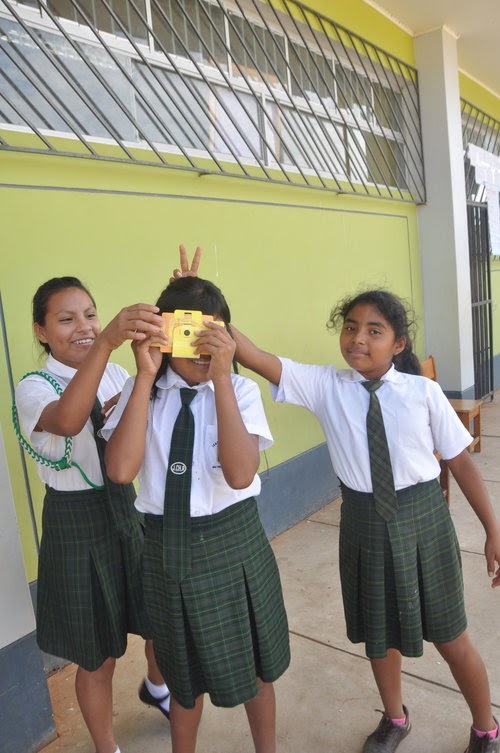
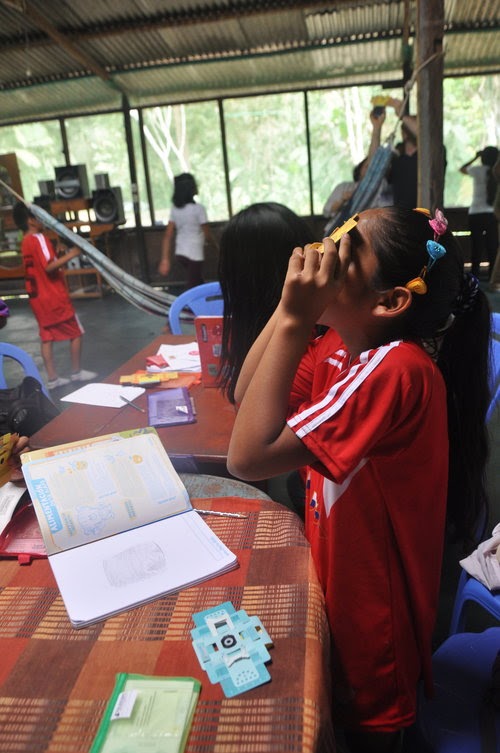
 (1 votes, average: 1.00 out of 1)
(1 votes, average: 1.00 out of 1)
